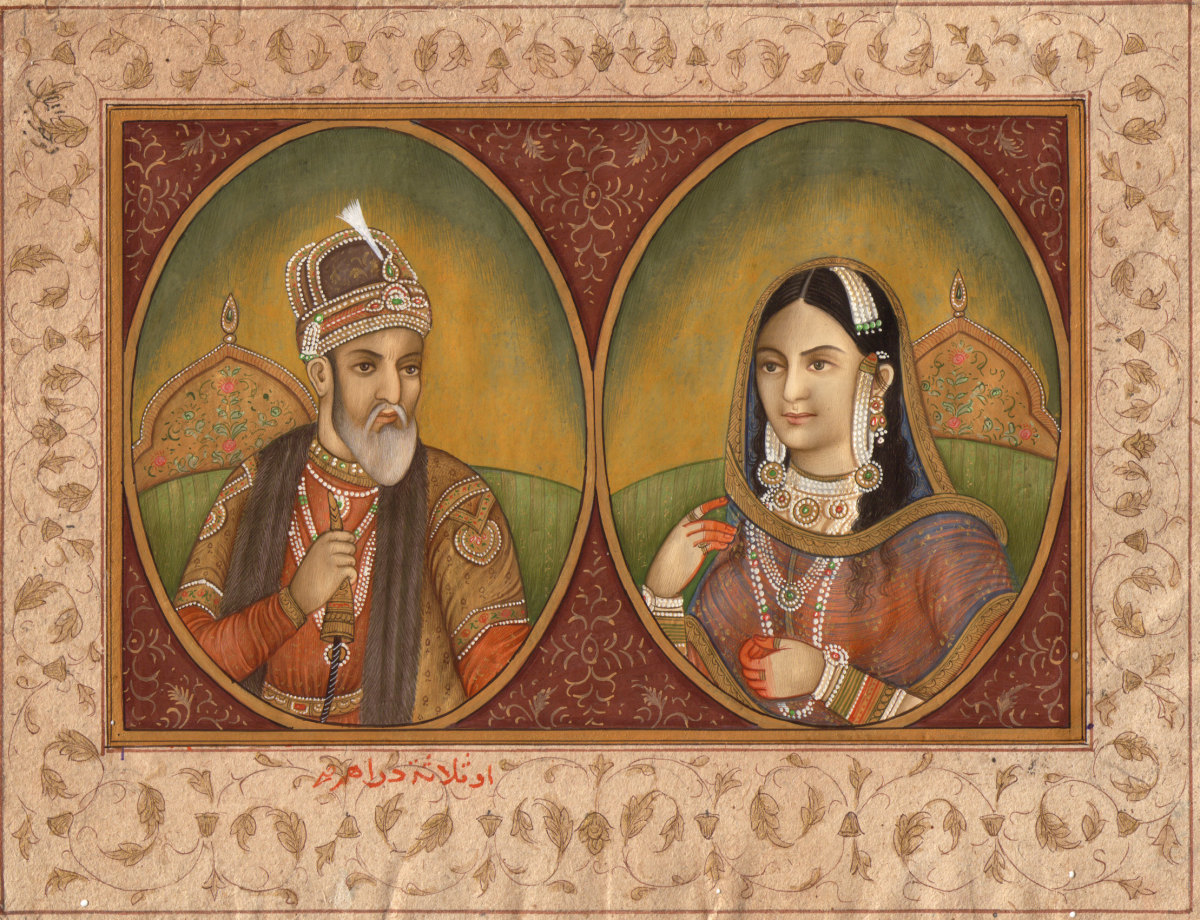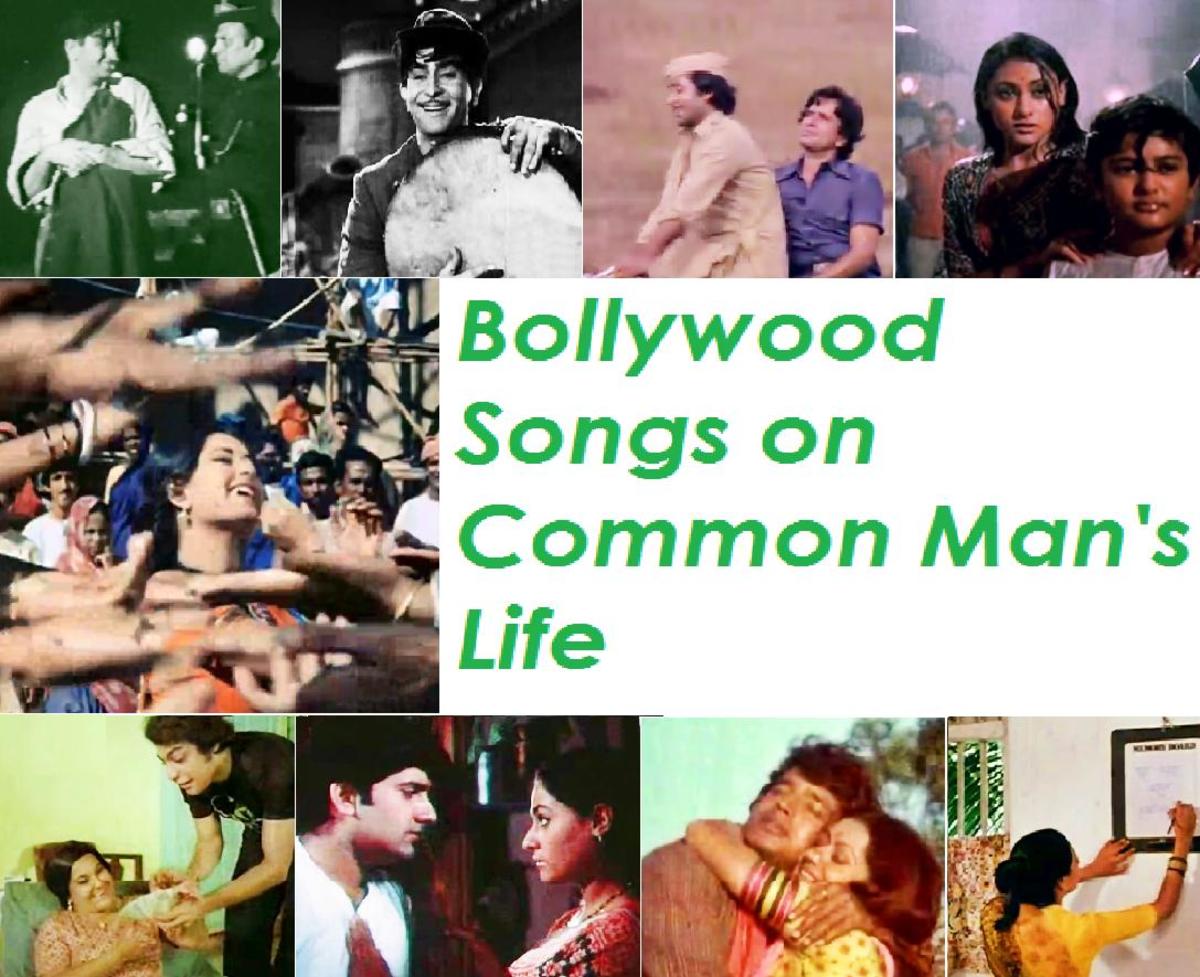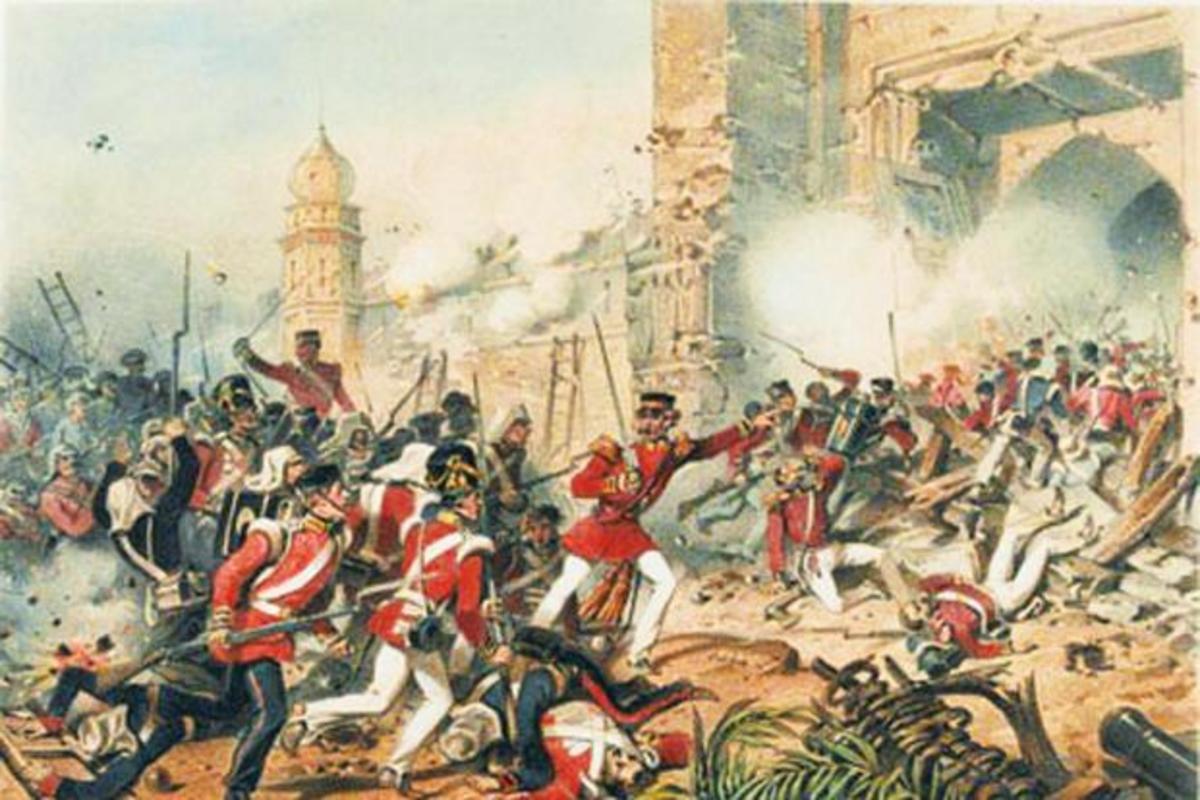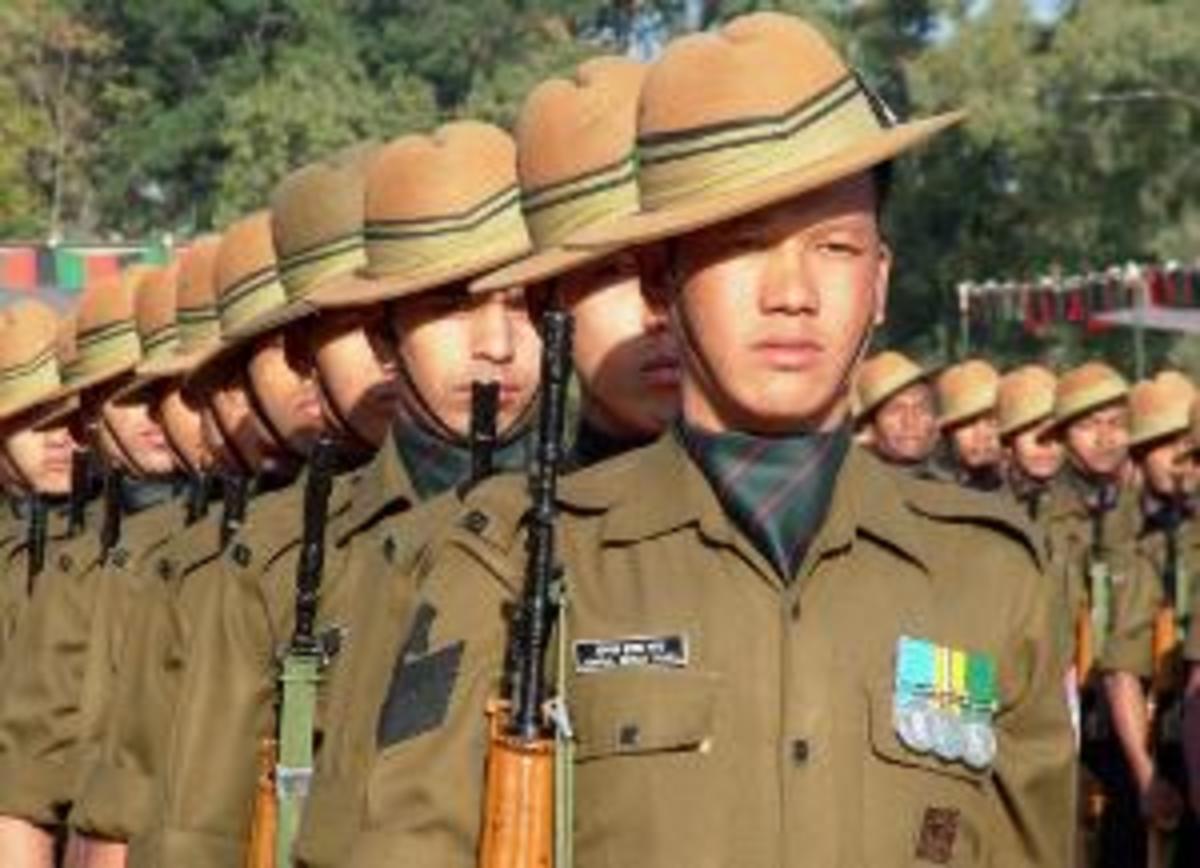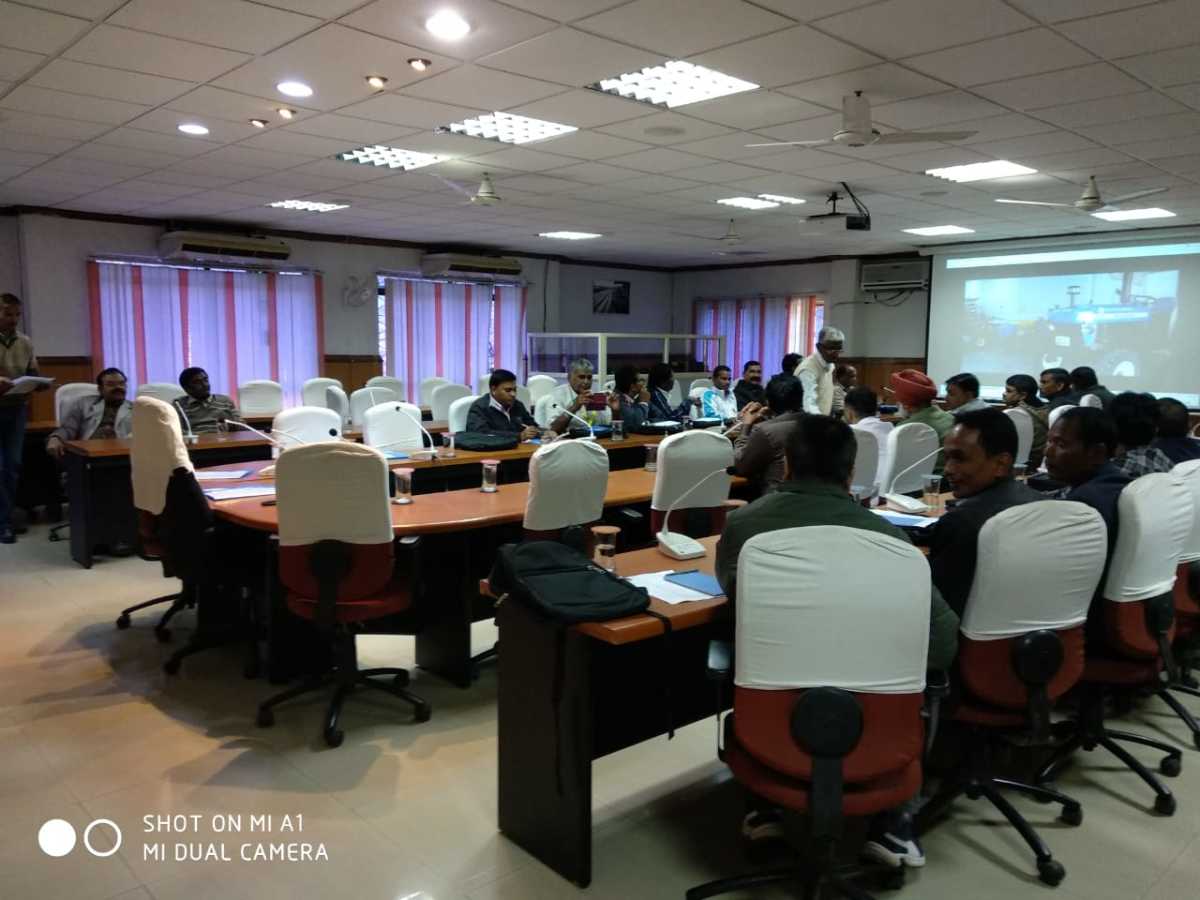Moody Loses Delhi: The Rise of "The Common Man"

The election program of the Indian Prime Minister Narinda Modi, focused on discrimination and hatred, has not improved the Bharatiya Janata site in the local elections in Delhi. In his first electoral test since the outbreak of anti-government protests in mid-December, against the backdrop of his adoption of a new citizenship law that discriminates against the country's Muslim minority, the Hindu Nationalist Party suffered a great loss. And the "ordinary man" (Am Adami) party won a landslide victory that would enable it to head the local authority in Delhi for an additional five years, after it issued the results of sorting 62 electoral districts out of 70, according to the results of the partial counting of the Legislative Council elections in the capital, compared to only eight seats for nationalists Hindus, more than five seats more than in 2015, while the opposition "Congress" party did not get any seat. The prime minister in Delhi, and the founder of the "common man" party, Afriend Kejriwal, welcomed these results, saying that "this victory creates a new form of politics", expected to "move the country into the twenty-first century". Kejriwal, who worked as a tax inspector, was not known to the public when he entered politics with the start of major demonstrations against corruption in India in 2011, when the "Congress" party was ruling. The man was a big surprise in his victory in late 2013, headed by the Capital Authority, until he resigned after 48 days to protest against the obstruction of the issuance of an anti-corruption law. But his party, the "common man", which is symbolized by the letters "AAP" and in Hindi means "you", won 67 of the 70 seats in the subsequent elections to the Legislative Council of the capital. Because of his political career and his program that is based on improving the quality of daily life (electricity, water and public transport), Kejriwal is greatly supported by the popular classes that you see as one of them.
The "common man" party will head the local authority in Delhi for an additional five years
In its efforts to regain control of the capital, the Bharatiya Janata Party fought a violent campaign, leading some of its officials to describe Kejriwal as a "terrorist" dealing with Pakistan. But Narendra Modi wrote following the results: "I wish (the Ordinary Party) the best so that they could fulfill the hopes of the people of Delhi." Academician Yogendra Yadav, who left the People's Party in 2015, considers the defeat of "Bharatiya Janata" to translate the rejection of Modi's speech and his hostile party, which "erred in his electoral calculations by campaigning based on discrimination and hatred".
In parallel, Narinda Modi will receive, in Delhi, on the 25th and 25th of this month, US President Donald Trump, who will include, in addition to the capital, the western state of Gujarat, from which the Prime Minister of India descends. According to the US presidential statement, the two leaders agreed during a phone call last weekend that this visit "will deepen the strategic partnership between India and the United States, and highlight the strong and enduring ties between the American and Indian people." The Republican President and the National Prime Minister share many things, including their coming to power on the back of somewhat similar promises, and presenting themselves as coming from outside the political class to restore greatness to their countries. Last September, the US President attended a large gathering in Houston, Texas, in the southern United States, in honor of the Indian Prime Minister. This unusual gesture was seen by Trump, at the time, as a sign of the friendship that Modi has with him, but it was also seen as a way for the President, who is campaigning for re-election, to try to get closer to the Indian diaspora in America, who numbered four million, and is considered one of the most loyal For the Democratic Party.

